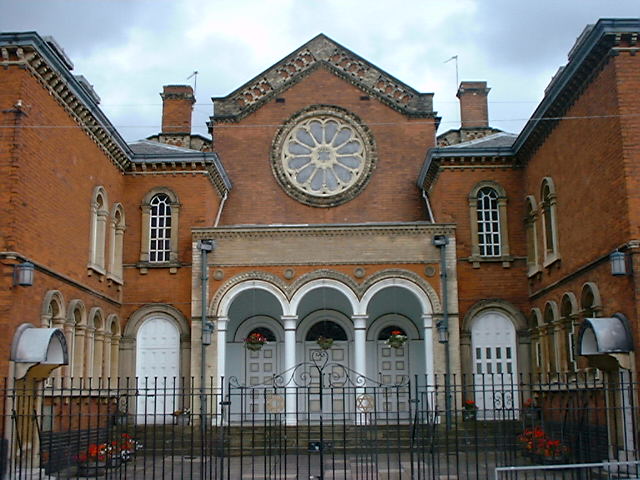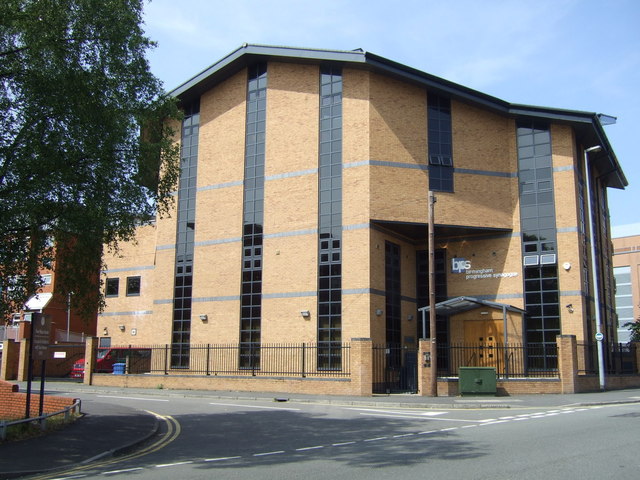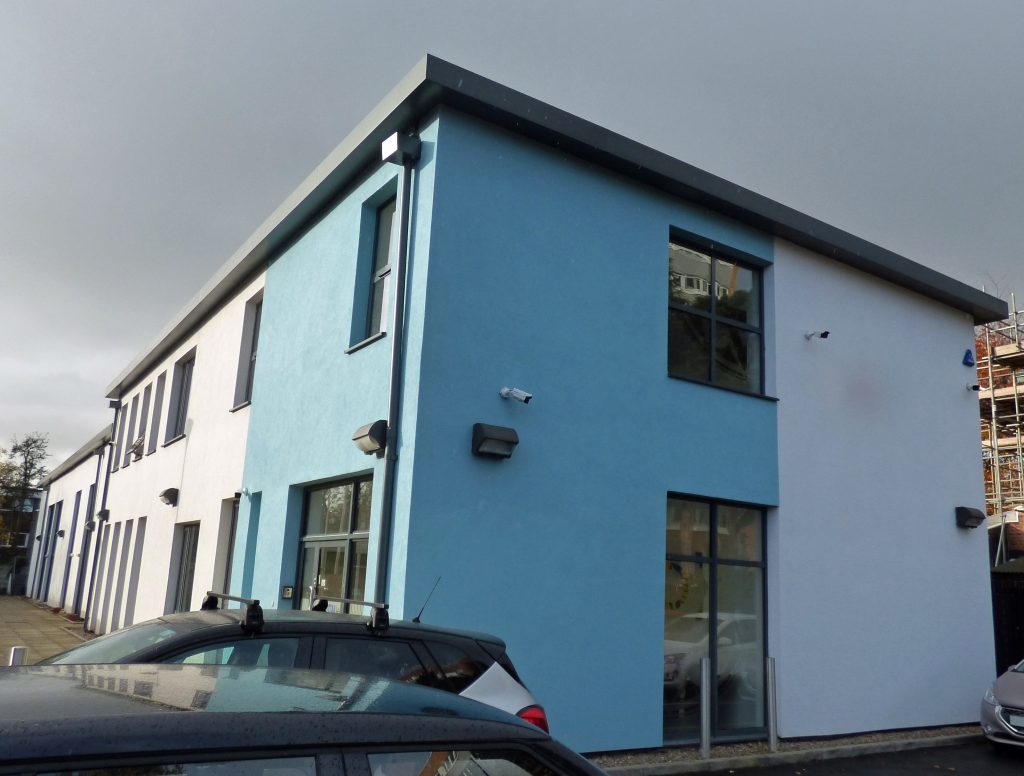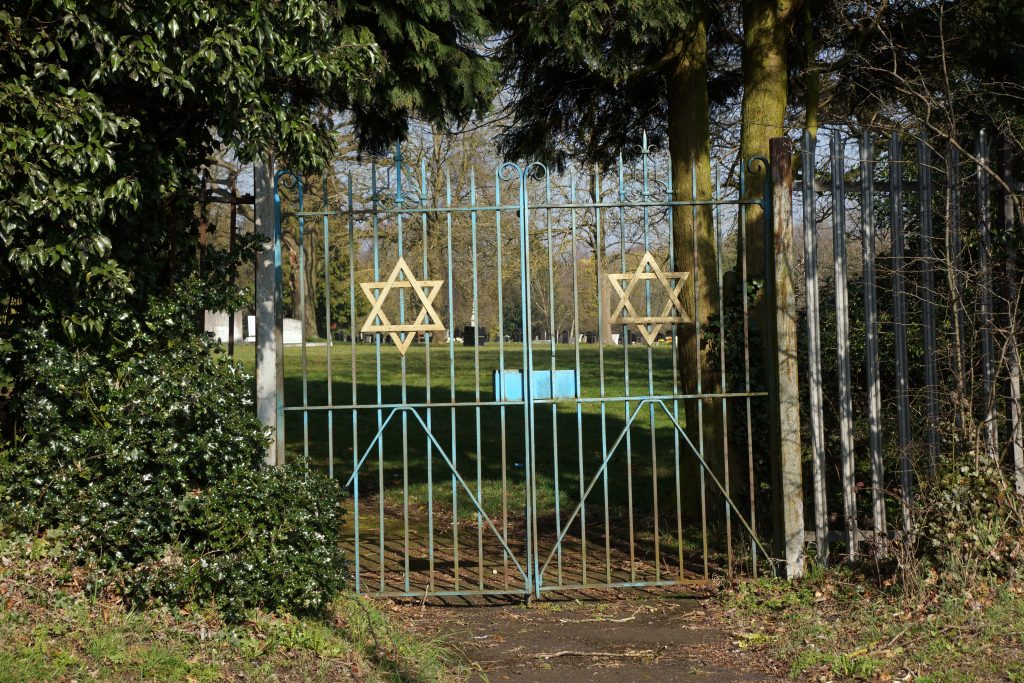Around 1730, the first Jews settled in the city of Birmingham. The city’s first glass kiln was built by Meyer Oppenheim around 1760. A synagogue was established in the 1780s in the Froggery district. Another synagogue was built in 1809 but was destroyed, along with other places of worship that did not meet the standards of the time, during riots in 1813. It was rebuilt and enlarged in 1827.

Development of Jewish life in English cities
Thanks to the Industrial Revolution of the 1830s, cities in the north of England such as Manchester, Liverpool and Birmingham attracted many workers and other workers from different countries but also English cities in the south. Among them, new Jewish immigrants. Most of these new arrivals came from Germany, the Netherlands and Poland.
Immigration continued until the 1830s, when America then became the primary destination for Jews fleeing wars and pogroms on the European continent. In the 1830s, rather middle-class Jews from Germany also settled in England.

Working in different fields
Gradually, therefore, the number of Jews in the north of England increased markedly. So, in 1851, there were 1,500 Jews in Liverpool, 1,100 in Manchester and 780 in Birmingham. This era saw the arrival of Jews from Poland and Russia who made up a quarter of Birmingham’s Jews in 1851. The active life of the city’s Jews was mainly in four areas: glaziers, slipper makers, tailors and peddlers. The precarious situation of the Jews was then the image of the entire English population. The Singers Hill Synagogue is now Birmingham’s main Jewish place of worship. He was born in 1856. 700 Jews then lived in the city.
From 1881 to 1914, between 120,000 and 150,000 Jews from Eastern Europe arrived in the country. A good part of them aspired to continue the road towards the United States.
While nearly 60% of those who remained chose London, a significant proportion also opted for Manchester and a little less for Liverpool and Birmingham, mainly tailors and merchants.

Low Jewish presence in this major city
On the eve of World War I, there were 300,000 Jews in England. There were then many Jewish tailors but also restaurateurs of the famous Fish & Chips. Among them, 6,000 in Birmingham. During the Second World War, the bombardments destroyed many places in the city.
This number reached 6,300 in 1967, Birmingham being the largest city with the weakest Jewish presence in the country. This figure is decreasing in particular with the exodus in the suburbs and surrounding towns, but also with movements between districts. Thus, in 1963 saw the light of day the Solihull and District Hebrew Congegration . Later, the Central Synagogue moved to Pershore Road, the New Synagogue went to Park Road, and the Progressive Synagogue moved to Sheepecote Street.
In the 1980s, more Jews left the city, mainly for London, Manchester and Israel. There were then only 3,000 Jews in Birmingham. A figure that still remains very low in 2025.
There are two Jewish cemeteries in Birmingham: The Witton Cemetery and the Brandwood End Cemetery .
